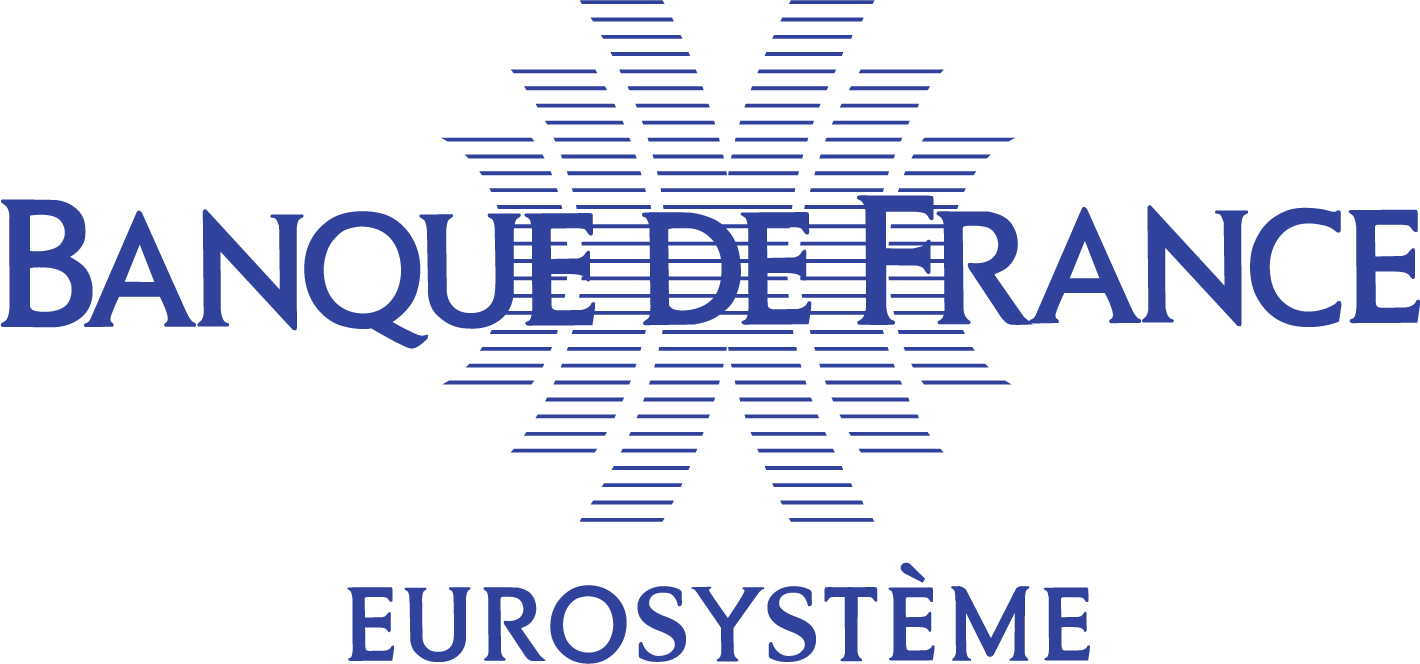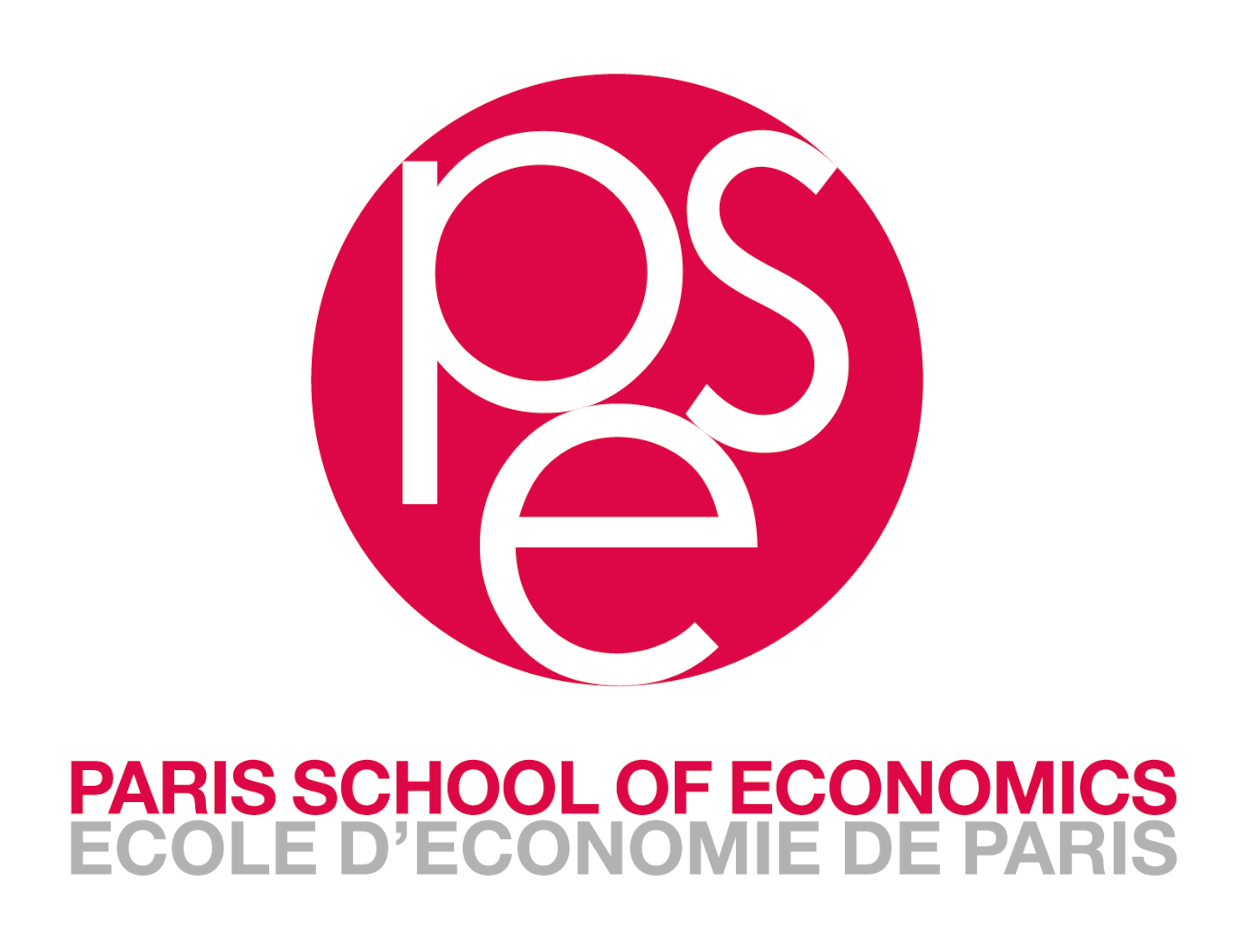Call for papers
(Closed)
The beyond GDP agenda: past, present, visions for the future
The aim of the CESS conferences is to enhance the dialogue between producers, methodologists and users of European statistics: identifying users’ requirements, sharing producers’ best practices, exploring innovative ideas for data collection and analysis. The 2024 edition will be jointly organized, under the aegis of ESAC, by Eurostat and the ECB with the French national statistical office, INSEE, and the French national central bank, the Banque de France. It will also involve the Paris School of Economics (PSE) and institutions playing crucial role in the statistical dialogue at national level in France (CNIS, CASD).
The general theme of this 2024 conference will be the « beyond GDP » agenda. This agenda already has a long history, but the call for a better assessment of “what counts” has become increasingly pressing in recent times: the need to better track the consequences of health, economic and geopolitical shocks, growing awareness of climate challenges, the need to address other structural changes in the organisation of economic activity (digitalisation, globalisation). Many initiatives have been taken to enrich the economic indicators and get a broader view of well-being and its sustainability. The time seems right to take stock of recent developments, to examine the take up by users of these indicators which are central for public policies and to discuss the way forward with all stakeholders. As a case in point, the revision of the System of National Accounts, currently under discussion at the UN level, will endorse many changes related to this need to go beyond GDP. But the agenda is of course much broader, and the conference may address other topics, such as alternative indicators, theoretical and methodological issues, new dimensions of analysis, etc.
We encourage all statistics stakeholders (producers, users, researchers) to participate by submitting a paper. Proposals which foster and facilitate the exchange between these stakeholders groups will be very appreciated. Here is a non-exhaustive list of themes that can be relevant:
Distributive issues
- Group-specific inflation
- Distributive national accounts
- Nowcasting inequalities
 Globalization and the problem of locating income, production and assets
Globalization and the problem of locating income, production and assets
The digital economy
- Productivity measurement
- Quality measurement
- Quasi-free services
Measuring the cost of greening the economy
- Durable goods and equipment (cars, heating, insulation…)
- Changing preferences (toward green goods)
- Defensive expenditures (adaptation to climate change)
- Green bounds and green finance
The value of non-market activities
- Public goods and services
- Home services and production
- Informal care in an ageing population
National accounts and social welfare
- Inflation and perceived living standards
- Intertemporal well-being, income and wealth
- Inequality-adjusted National income and real-feel GDP
- The value of leisure, the cost of unemployment
- Financial inclusion
Sustainability
- Green GDP
- Adjusted net savings and related sustainability indicators
- Natural assets and biodiversity valuation
- Human capital valuation
Alternative indicators
- Subjective indicators
- Living conditions and capabilities
- Equivalent income and related monetary indicators
- Synthetic indicators
New sources of data
- Access to private and administrative data
- Research access to microdata
- Data quality assurance
- Data integration
- Big data and AI methods
- The experience of the Covid crisis
If you would like to propose or organise a session, please feel free to send a message by using the Contact form at the bottom of the page.






